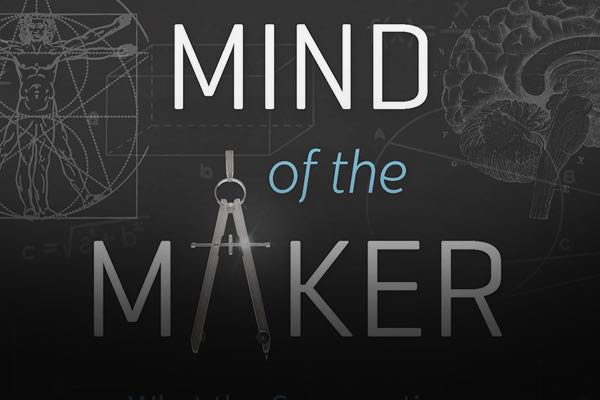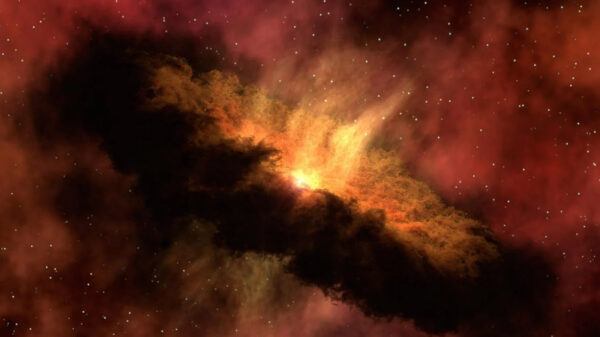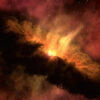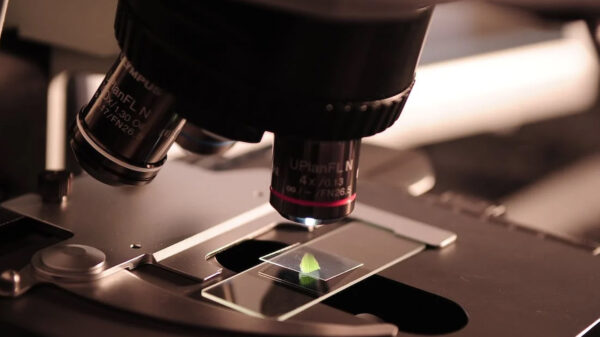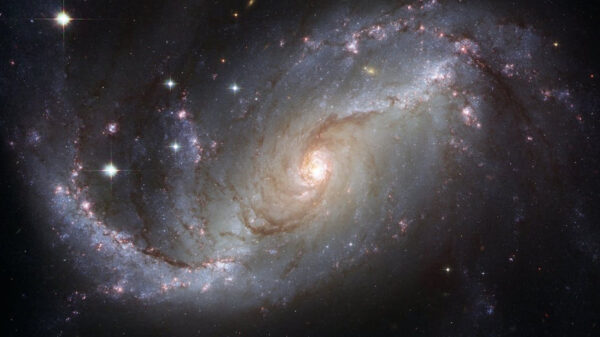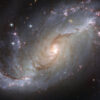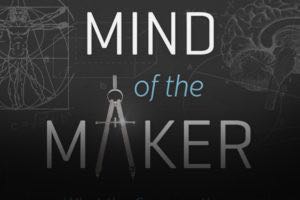
J. Warner:
Melissa, can you tell my readers a little bit about your background?
Melissa:
I grew up in a small town in North Carolina during the 80s and early 90’s, the daughter of a Baptist pastor, and I went on to attend a small Christian university, where I did my undergraduate degree in biology.
After I finished my undergraduate degree my husband and I moved to Houston, Texas, and I went to work as a research associate in the biotech industry. For the first time ever, I got to know and interact with scientists who were from a wide diversity of backgrounds and worldviews, and we had lots of interesting conversations about the big questions while sitting belly up to the lab bench day in and day out. Because of the culture I was immersed in from birth through young adulthood, I was only vaguely aware that some people see significant tension between Christianity and the natural sciences, so it was during those few years that I was hit with the alarming realization that I was very ill prepared to answer some of the deeper philosophical and theological questions that inevitably come up in dialogue about science and faith.
Long story short, the Holy Spirit used those experiences to lead me to the works of a few eminent apologists, and I began doing some independent study with a special focus on the origins sciences. For several years, I was a self-taught lay apologist, doing a little teaching at my home church. During that time, I became a stay-at-home-mom, wondering what I was going to do with my skill set once my kids were a little older. Out of the blue, God drew my attention to the master’s program in Science and Religion at Biola University, and I instantly knew it was exactly what I was meant to do.
After completing my MASR, I took a year off from formal studies, and during that time I was recruited to be part-time faculty in the new apologetics department at Houston Baptist University. Just a couple of months into my first academic year at HBU, I entered a PhD program at Faulkner University. My degree program centers upon the Great Books of the Western World, and I’m currently writing my dissertation on the natural theology of Johannes Kepler and how we can use it as a robust approach to the contemporary science and faith conversation. I’m on track to graduate in May of 2019.
J. Warner:
Your new book is Science and the Mind of the Maker: What the Conversation Between Faith and Science Reveals About God. What are you hoping to demonstrate to readers by exploring the relationship between science and the Christian faith?
Melissa:
I hope and pray that my book will be a help to Christian laypersons as well as clergy who are seeking to broaden their knowledge about the discipline of science and faith or who are struggling with doubt and need a better understanding of how science points towards God. I also hope it becomes a go-to resource for parents who are seeking to raise kids with a well-reasoned Christian worldview and Christian educators who want to incorporate the material into their classroom teaching. Another thing that motivated me to write the book was my desire to help alleviate any anxiety or confusion believers experience about questions of science and faith, to help them feel greater confidence in their evangelistic efforts. And, of course, I would love for the book to make a difference in the thinking of open-minded nonbelievers who read it.
J. Warner:
You describe something called the “Maker Thesis.” Can you tell our readers a little about that?
Melissa:
The Maker Thesis is the claim that there are several branches of the natural sciences and philosophy that, taken collectively, show that we live in a world that is custom made for the existence not just of intelligent life forms, but for scientists. There’s a fundamental rationality to nature that shines through in diverse areas such as cosmology, earth science, theoretical physics, and biochemistry. What’s more, we live on a planet and in a solar system that are both amazingly conducive to investigative activity, and we have exactly the kind of advanced rationality necessary for scientific discovery. The naturalistic worldview has an incredibly difficult time accounting for all of these interlocking puzzle pieces which, actually, form a picture with strongly theistic implications.
J. Warner:
Why do you think so many Christians fail to understand the relationship between science and faith? How do you think this misunderstanding has impacted the Church?
Melissa:
I think it’s a combination of things. There’s a long history of fear-mongering on the part of both non-Christians and Christians that has given many believers the impression that contemporary science and faith are at odds with one another, and therefore we should look at the pronouncements of science with a highly suspicious eye. Also, there is, unfortunately, quite a bit of misguided, abrasive, and flat-out incorrect so-called “scientific apologetics” literature out there that doesn’t approach the topic with fairness and willingness to correctly understand competing viewpoints. As a result, the question of how Scripture and science best relate to one another has become terribly divisive in the church. It’s tragic, because this is exactly what the Enemy wants.
I hope my approach in Science and the Mind of the Maker, an approach that transcends the secondary questions that tend to cause division, will help diffuse some of the in-house hostility by showing that there are powerful arguments to be made that we can unify on and thereby greatly improve our collective evangelistic efforts.
J. Warner:
How can Christians better understand the way in which the evidence from science can help make the case for Christian Theism?
Melissa:
First and foremost, there is a great need for Christians to get a grasp of the preliminary issues, which are philosophical rather than scientific. For example, there are undoubtable intellectual pre-commitments at play, and the vast majority of our work as apologists (whether professional or not) is to bring these to light and examine them from a logical perspective. It is only then that we’re truly prepared to consider the scientific evidence. Also, I think we need to get away from the use of the words “prove” and “proof” when we’re talking about the scientific data. We aren’t using science to prove the existence of God. That’s actually impossible, as is trying to prove atheism using science. What we’re actually doing is using the best data from different fields of science to support philosophical arguments for God’s existence.
J. Warner:
Do you have any other projects on the horizon?
Melissa:
Yes! I am a contributing author to a forthcoming book entitled The Story of the Cosmos, which promises to be an outstanding volume of essays from philosophers, astronomers, astrophysicists, literary scholars, and historians. That book is scheduled to be released next summer. Once I defend my dissertation in the spring, I’m hoping to spend the following months transforming it into a book for a general audience.
Melissa is an important voice for the Church. We don’t need to shrink from fields dominated by secular scientists. God’s existence can be properly and reasonably inferred from the evidence, including the scientific evidence. Science and the Mind of the Maker contributes to our understanding of the relationship between faith and science.
J. Warner Wallaceis a Dateline featured Cold-Case Detective, Senior Fellow at the Colson Center for Christian Worldview, Adj. Professor of Apologetics at Biola University, author of Cold-Case Christianity, God’s Crime Scene, and Forensic Faith, and creator of the Case Makers Academy for kids.
Comment or Subscribe to J. Warner’s Daily Email
J. Warner Wallace is a Dateline featured cold-case homicide detective, popular national speaker and best-selling author. He continues to consult on cold-case investigations while serving as a Senior Fellow at the Colson Center for Christian Worldview. He is also an Adj. Professor of Christian Apologetics at Talbot School of Theology, Biola University, and a faculty member at Summit Ministries. He holds a BA in Design (from CSULB), an MA in Architecture (from UCLA), and an MA in Theological Studies (from Gateway Seminary).

















